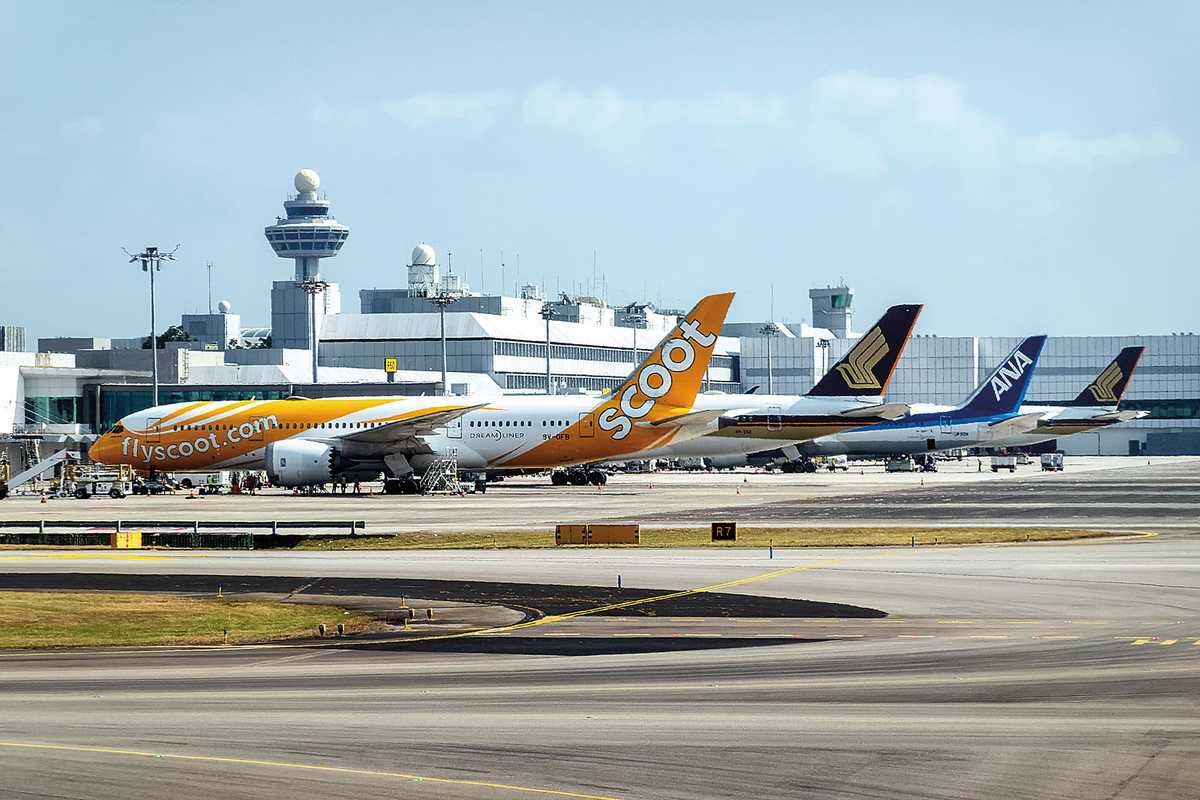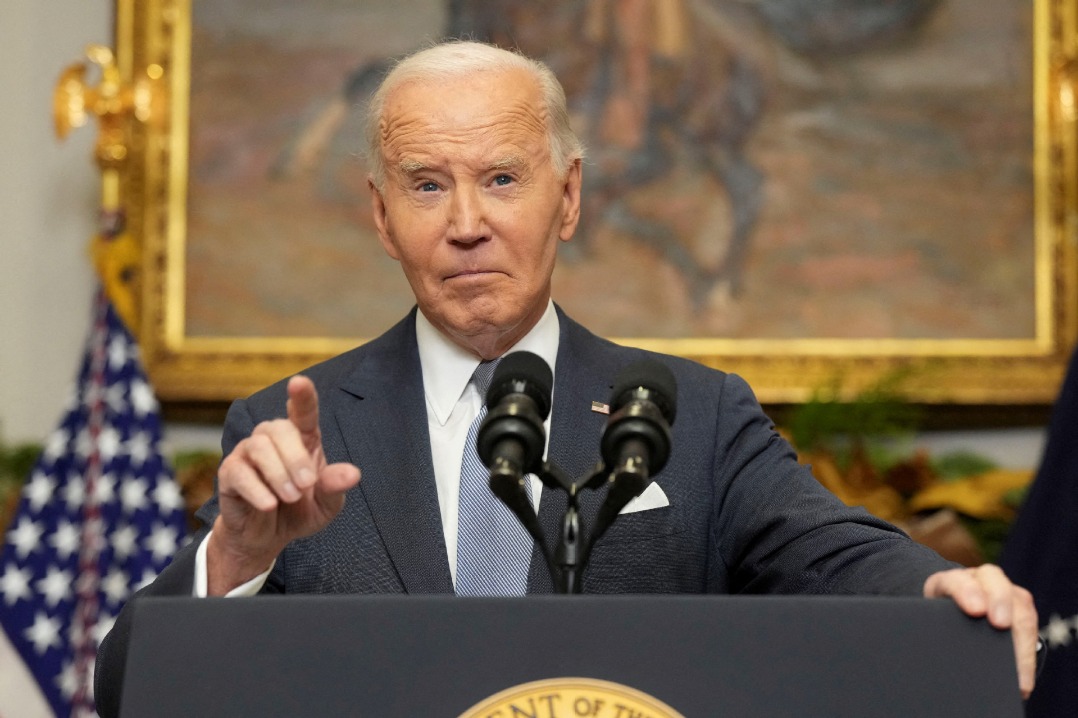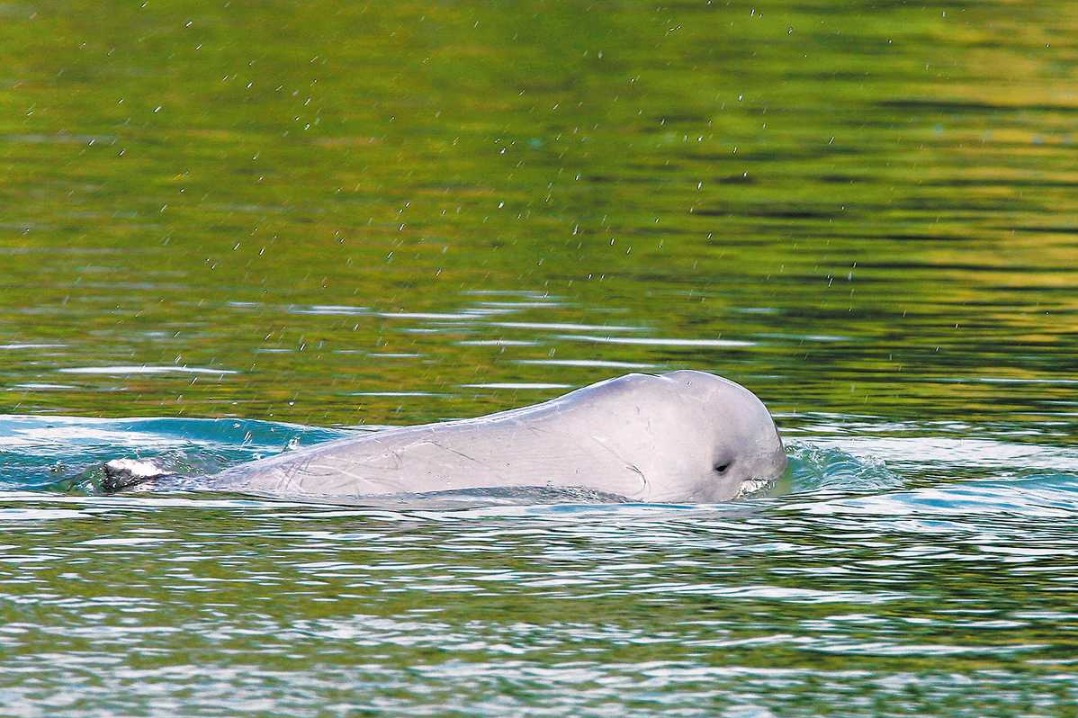Stopover nod set to grow air links for ASEAN


Airlines under the Association of Southeast Asian Nations will be allowed to operate flights with stopover rights among members of the regional grouping starting next year, moving toward more seamless air travel across the region.
The move will come into effect once all ASEAN countries sign Protocol 5 on "Own Stopover Rights" between points within the territory of any other ASEAN member state, Malaysian Transport Minister Anthony Loke said.
The signing of the protocol has been held in conjunction with the recent 30th ASEAN Transport Ministers Meeting and the 58th ASEAN Senior Transport Officials Meetings, along with dialogue partners such as China, Japan and South Korea.
Prior to the change, airline operators could only fly to their destination within member states before having to return.
Under Protocol 5, Loke said airlines are allowed to stop over at ASEAN member state airports before heading to another point within the region.
"Although ASEAN open-skies policy allows airlines to operate freely within the region, it previously limited flights to a single destination before returning to the origin," Loke said.
"With this new protocol, airlines can now make stopovers and travel to the next points within the ASEAN region."
However, he did not specify when the policy could be fully implemented as Myanmar and Indonesia have yet to sign the protocol.
Shared benefits
Loke said the move will boost regional air connectivity.
"It facilitates greater operational flexibility for carriers, promotes tourism and enhances trade by providing more seamless and convenient air travel options across the region," he said.
He also said ASEAN airlines, including Malaysian flight operators, can benefit given their various travel destinations within the region.
"For ASEAN member states that have yet to sign, we will circulate this to them," Loke said.
"Once all have signed, the protocol will come into force by next year."
Separately, he said ASEAN transport ministers agreed to adopt guidelines on light electric vehicles like electric scooters, bikes and small cars within the region.
"They outline standards and best practices for integrating these vehicles into transport systems," he said.
"It also aims to address environmental concerns by reducing carbon emissions and encouraging sustainable energy usage in transportation."
Other adopted initiatives include guidelines on urban freight transport, focusing on improving efficiency and minimizing environmental impact.
Loke said ASEAN is also committed to advancing negotiations and finalizing air services agreements with China, Japan and South Korea.
"This is pivotal for strengthening regional and interregional connectivity by enabling greater market access, promoting air transport liberalization, and fostering closer economic and cultural ties," he said.
In welcoming the news, the president of the Federation of ASEAN Travel Associations, Datuk Tan Kok Liang, said it would boost the tourism industry.
"It will also enable the promotion of multiple destination packages and give travelers the freedom to choose," he said.
"It does have the potential to reduce prices for tickets," Tan said.
"But more importantly, this agreement will see improvements in air connectivity."
The Star, Malaysia

































